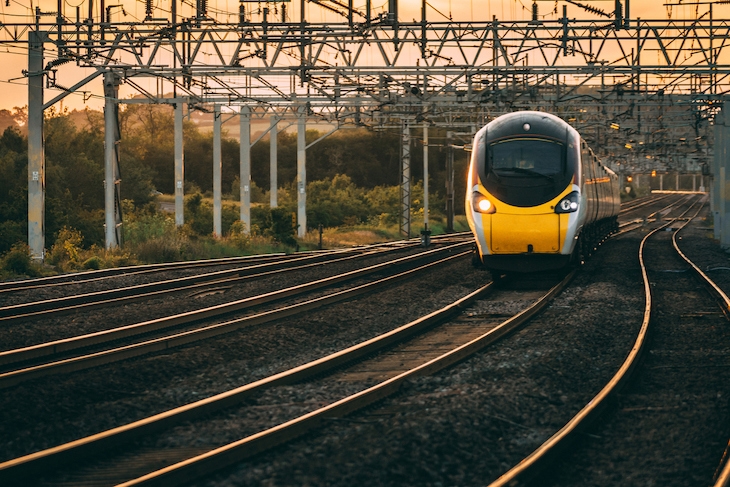No, it isn’t a great triumph that train fares are going up by an average of ‘only’ 2.7 per cent today which, as the Rail Delivery Group notes, is a whole 0.1 per cent lower than the Retail Prices Index (RPI).
For one thing, RPI is no longer used as an official government statistic because the statisticians believe it to be faulty. When it comes to the government paying us, for such things as the interest on our inflation-linked savings statistics, it is almost always the – usually lower – Consumer Prices Index (CPI) which is used.
But that is all a bit beside the point. In what other industry do prices go up automatically in line with a government inflation figure every 2 January, as regulated rail fares do?
Rail is supposed to be a privatised industry, in which customers benefit from innovation and competition. Yet it continues to be subject to what resembles one of Jim Callaghan’s prices and incomes policies. What’s more, a system of private monopolies ensures that rail companies do not suffer loss of trade when they jack up their prices each year – if you want to get to work you don’t have much choice, other than to take to overcrowded roads. With guaranteed price rises and a captive market, rail companies have little incentive to reduce their costs – which is why we have ended up with the absurd spectacle of £360 returns from London to Manchester, combined with some train drivers earning £75,000 a year and rail companies folding into union demands that they keep pointlessly employing guards, a job which has long-since been rendered obsolete through technology.
If the government really wants rail ticket prices to fall it would do away with the franchise system and make train companies compete against each other, on the same lines. Why not? If a line justifies a half-hourly service there is no reason why all have to be provided by the same rail company rather than by two or three in open competition over fares. Rail regulators could lay down the price of a basic ticket, eligible on all services, but it should be down to individual operators to decide whether to undercut that with cheaper fares – or to introduce premium-fare carriages. If people want to pay extra for the pleasure of a seeing a uniformed guard walking backwards and forwards, twiddling his thumbs, they could do so. On the other hand, if they wanted to save money by travelling on a driver only operated train they could do that, too. We would swiftly find out just how much we passengers value guards, as the unions insist we do.
Monopolistic pricing is one reason why Jeremy Corbyn’s policy of renationalising the rail system proved so popular in the polls (even if he did not). It is especially popular among people too young to remember British Rail. There is an alternative which would prove far more popular in the long term: throwing open the railways to proper competition, giving us a genuine choice with whom we travel.







Comments